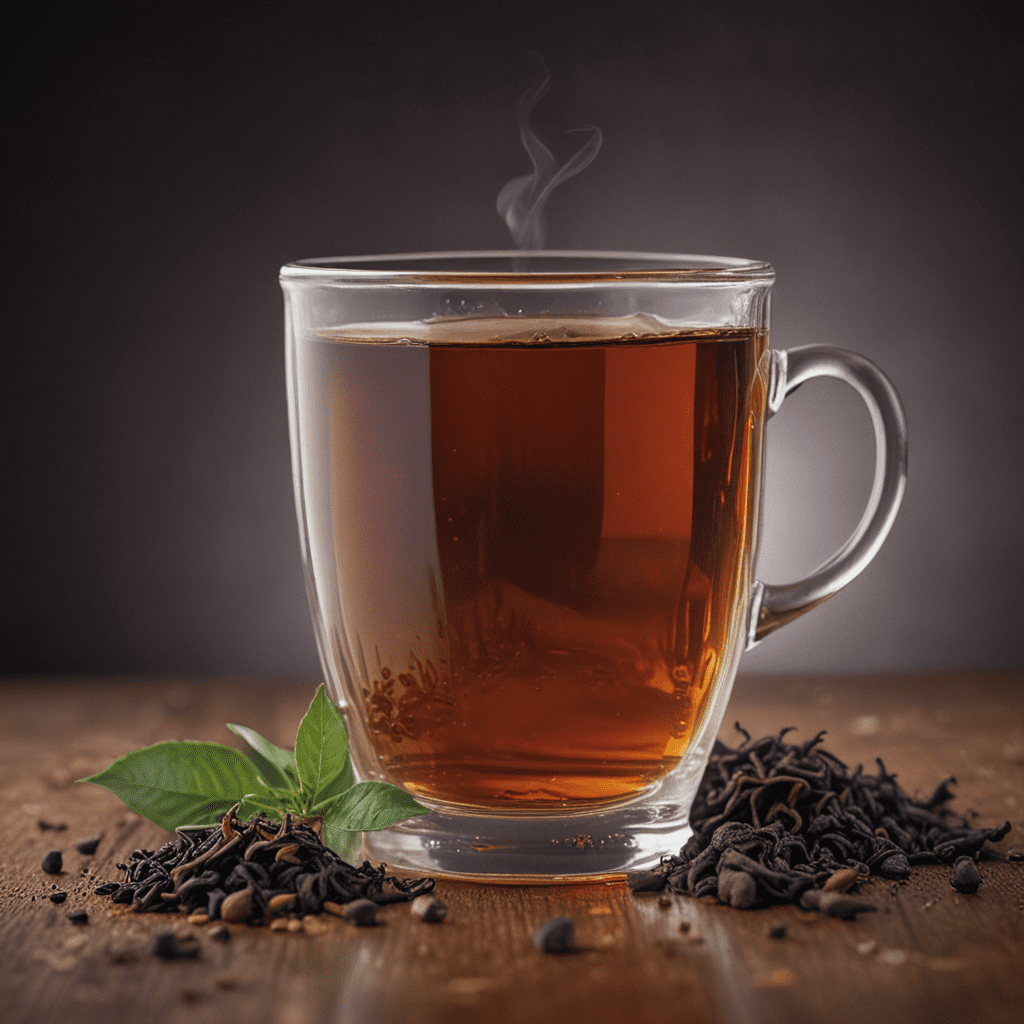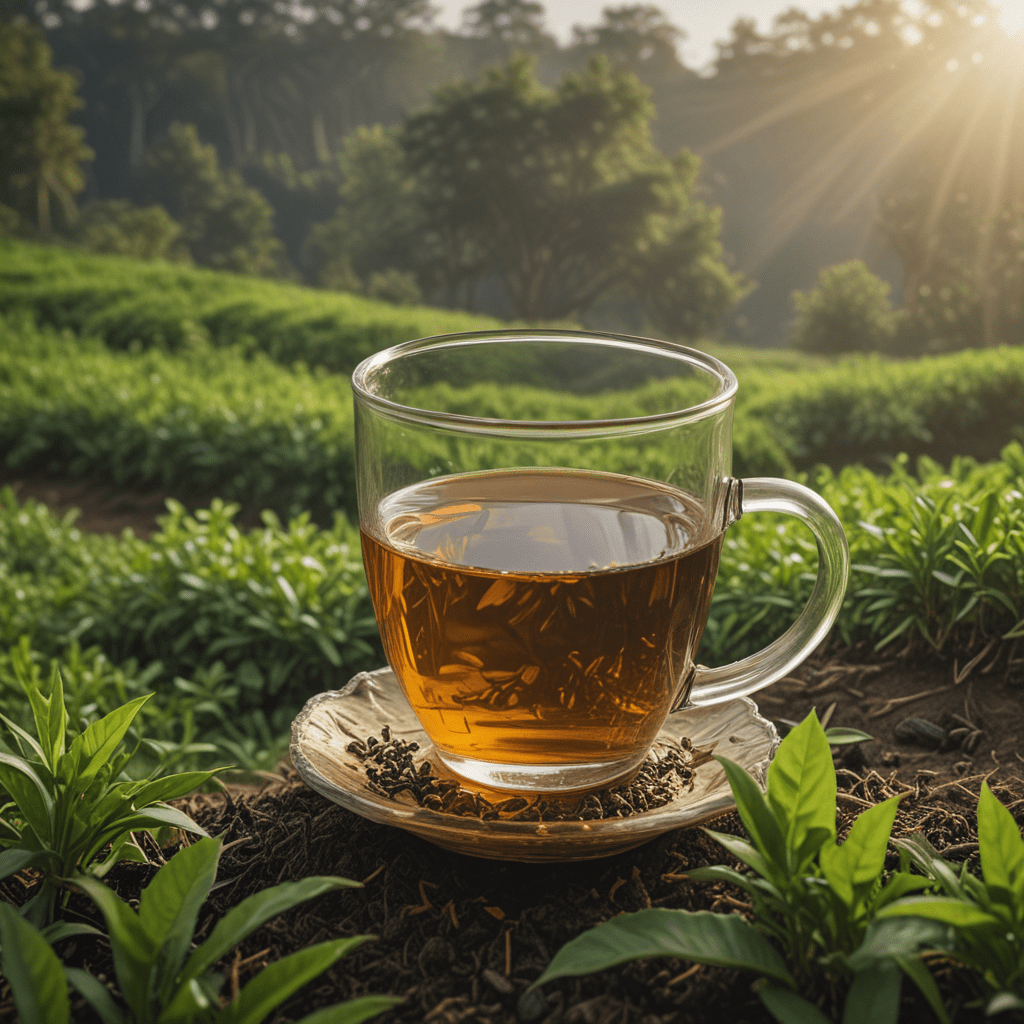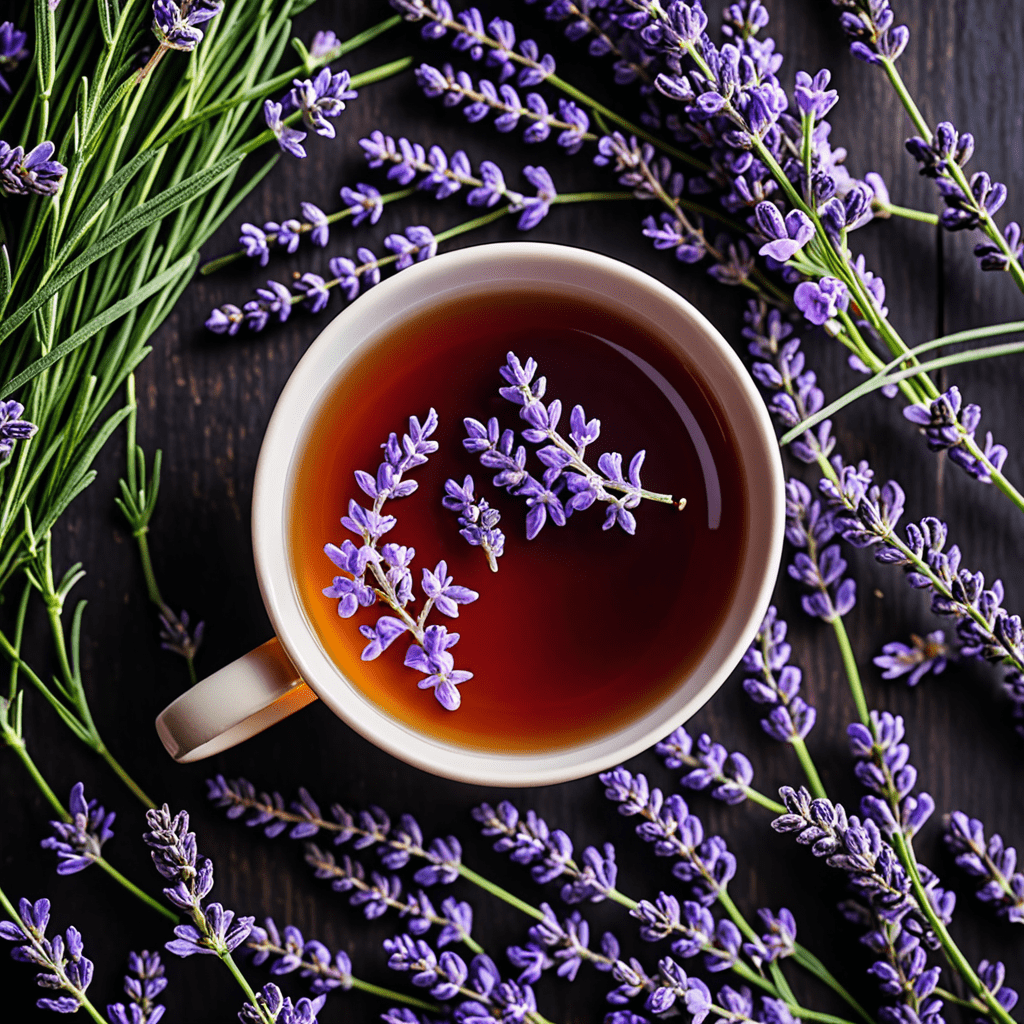Introduction to Assam Tea: A Legacy of Flavor
Assam tea, hailing from the vibrant landscapes of northeastern India, has captivated tea enthusiasts worldwide with its distinctive bold and malty character. Grown in the fertile plains of the Brahmaputra Valley, this tea embodies a rich legacy of cultivation practices that have been passed down through generations. Its unique flavor profile, coupled with its invigorating aroma, has earned Assam tea a prominent position among the world's most beloved beverages.
Cultivation Practices in the Brahmaputra Valley: Nurturing the Essence
The Brahmaputra Valley provides an ideal environment for cultivating Assam tea. The region's alluvial soil, enriched by the mighty Brahmaputra River, offers optimal conditions for the tea plants to thrive. The subtropical climate, with abundant rainfall and warm temperatures, further enhances the growth and development of the tea bushes. Local farmers meticulously tend to the tea plants, employing traditional techniques that have been refined over centuries to produce tea of exceptional quality.
Unique Characteristics: Bold, Malty, and Astringent
Assam tea stands out with its robust, full-bodied flavor and distinctive malty notes. The brew exhibits a deep amber color, reflecting its high concentration of tannins. It possesses a characteristic astringency that lingers on the palate, providing a refreshing and stimulating experience. The unique flavor profile of Assam tea is mainly attributed to the region's specific soil conditions and the extended oxidation process that the leaves undergo during processing.
The Art of Plucking and Processing: Time-Honored Traditions
The plucking of Assam tea leaves is a delicate and crucial process that influences the final quality of the tea. Experienced tea pluckers selectively handpick the two youngest leaves and the bud from each tea shoot. These tender leaves are then processed using traditional methods that have been passed down through generations. The leaves undergo a series of steps, including withering, rolling, oxidation, and drying, each carefully controlled to develop the tea's distinctive flavor characteristics.
Grading Assam Tea: Unveiling the Layers of Quality
Assam tea is graded based on various factors, including leaf size, appearance, and flavor. The grading system helps categorize the tea into different grades, with the highest grade being Orange Pekoe (OP) and the lowest being Fannings (F). Each grade offers a distinct drinking experience, catering to different preferences. Understanding the grading system allows tea enthusiasts to choose the Assam tea that best aligns with their taste and brewing style.
Health Benefits: A Source of Antioxidants and Catechins
Assam tea is not only a flavorful beverage but also a rich source of beneficial compounds. It contains a high concentration of antioxidants, including polyphenols and catechins, which have been linked to numerous health benefits. Studies have shown that regular consumption of Assam tea may help protect against heart disease, cancer, and other chronic conditions. The catechins in the tea have anti-inflammatory properties, which can help reduce the risk of inflammation-related illnesses.
Global Recognition: A Beloved Beverage Exported Worldwide
Assam tea has gained immense popularity not only in India but also across the globe. It is exported to various countries around the world, where it is enjoyed by tea enthusiasts for its unique flavor and invigorating properties. Assam tea is often blended with other teas to create unique and flavorful combinations. Its bold and malty character makes it a versatile choice, suitable for both breakfast blends and afternoon pick-me-ups.
Pairing Assam Tea: Enhancing Culinary Delights
Assam tea's robust flavor profile makes it an excellent accompaniment to a wide range of culinary delights. It pairs exceptionally well with spicy and savory dishes, complementing their bold flavors and enhancing the overall dining experience. Assam tea is also a great choice to enjoy with desserts, as its astringency can balance out the sweetness of cakes and pastries.
Contemporary Innovations: Blending and Flavoring Experiments
While Assam tea is traditionally enjoyed in its pure form, contemporary tea artisans have been experimenting with innovative blends and flavorings to create exciting new variations. Assam tea is often blended with other teas, such as black teas from Darjeeling or Ceylon, to create unique flavor profiles. Additionally, flavorings such as spices, fruits, and herbs are added to Assam tea to enhance its flavor and appeal to diverse tastes.
Sustainability Efforts: Preserving the Legacy for Generations
The tea industry in Assam has embraced sustainability initiatives to ensure the preservation of the region's rich tea heritage for future generations. Sustainable farming practices are employed to minimize the environmental impact of tea cultivation. Additionally, efforts are made to improve the livelihoods of tea workers and support local communities. By adopting sustainable practices, the Assam tea industry aims to preserve the legacy of this iconic beverage while ensuring its long-term sustainability.
FAQ
What is the best way to brew Assam tea?
Assam tea can be brewed using various methods, including the traditional teapot method or using a tea infuser. The ideal water temperature for brewing Assam tea is around 90-95 degrees Celsius (195-205 degrees Fahrenheit). Steep the tea leaves for 3-5 minutes, depending on the desired strength.
How much caffeine is in Assam tea?
Assam tea is known for its relatively high caffeine content compared to other types of tea. On average, a cup of Assam tea contains around 50-90 mg of caffeine, which is comparable to the caffeine content of a cup of coffee.
Is Assam tea good for weight loss?
While Assam tea contains antioxidants and other beneficial compounds, there is no scientific evidence to suggest that it directly aids in weight loss. However, its high caffeine content may provide a temporary boost in metabolism and energy levels, which could potentially support weight management efforts.
Can Assam tea help improve digestion?
Assam tea contains tannins, which have astringent properties that may help soothe an upset stomach and reduce digestive discomfort. However, excessive consumption of Assam tea may have the opposite effect and lead to constipation.
Is Assam tea safe for pregnant women?
Due to its high caffeine content, consuming excessive amounts of Assam tea during pregnancy is not recommended. Caffeine can cross the placenta and reach the fetus, potentially leading to adverse effects. Pregnant women should consult their healthcare providers for guidance on safe caffeine intake levels.



